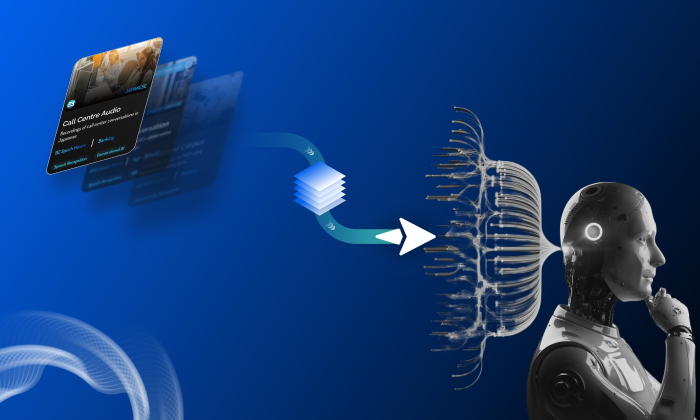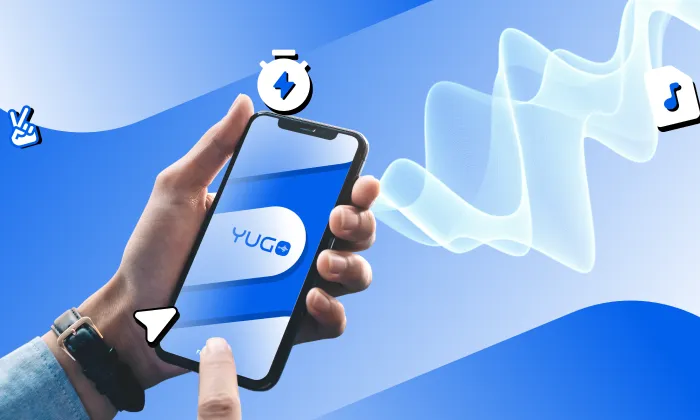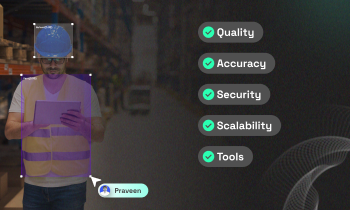What annotations are used in wake word datasets?
Wake Word
Annotations
Voice Recognition
Key Annotation Types in Wake Word Datasets
- Wake-word labels & timestamps
- Command/context labels
- Speaker demographics
- Acoustic conditions & noise tags
- Phoneme-level / segmentation tiers
- Metadata schema
In this guide, you’ll learn how FutureBeeAI annotates wake word datasets to enhance model performance and reliability.
Key Annotation Types for Wake-Word Models
Audio Annotations
Audio annotations are crucial for training accurate wake word detection models:
- Wake Word Labels and Timestamps: Each audio clip is tagged with the wake word and precise start/end timestamps (e.g., JSON/TextGrid), enabling models to learn and recognize specific audio patterns effectively.
- Command Annotations: Wake words followed by commands (e.g., “Hey Google, play music”) are annotated to provide context, supporting comprehensive voice command recognition.
- Phoneme Segmentation: Detailed phoneme or sub-word tiers allow for frame-level training and low-latency inference, essential for nuanced speech recognition.
- Non-Speech Event Tags: Annotations for sounds like coughs, laughs, and silences help models filter out irrelevant sounds and focus on the wake words.
Speaker Demographics
A diverse set of speaker annotations ensures model robustness across different user profiles:
- Gender, Age, and Accents: Demographic annotations help models adapt to variations in voice recognition influenced by gender, age, and regional accents, such as American versus British English.
Environmental Context
Understanding the acoustic environment is vital for accurate wake word recognition:
- Noise-Type Classification: Tags such as “traffic,” “crowd,” and “office chatter” allow models to recognize wake words in varied background noise conditions.
- Reverberation Characteristics: Information about room impulse responses aids in training models for use in different acoustic environments, such as open spaces or enclosed rooms.
Metadata
Comprehensive metadata supports effective dataset management and model training:
- File-Level Details: Includes sample rate, bit depth, file format, and recording device specifications (e.g., 16 kHz, 16-bit WAV format).
- Annotation Schema Versioning: Ensures consistency and facilitates iterative updates across dataset versions, keeping data relevant.
How Annotations Boost Model Performance
High-quality annotations are essential in improving AI model accuracy and robustness:
- Enhanced Recognition Rates: Accurate annotations reduce the risk of false positives and negatives, refining model precision in detecting wake words.
- Broader Demographic Generalization: Detailed demographic annotations allow models to recognize wake words across various user bases, increasing their user-friendliness and effectiveness.
Impact on Model Accuracy & Use Cases
Properly annotated wake word datasets have significant real-world applications:
- Smart Devices: Voice-activated systems in homes and cars depend on accurate wake word recognition for efficient operation.
- Mobile Apps: Applications using voice commands for tasks like navigation or messaging benefit from precise wake word detection, improving user interaction.
Annotation Guidelines & QA Best Practices
To optimize wake word datasets, follow these best practices:
- Diverse Contributor Engagement: Include speakers from varied backgrounds to improve dataset representativeness.
- Robust Quality Assurance: Implement a multi-layer QA process to validate audio recordings and annotations, ensuring high dataset quality.
- Leverage Technology: Use automated tools during the initial annotation phases, followed by human validation for accuracy.
FutureBeeAI: Your Partner in Quality Annotation
FutureBeeAI’s YUGO platform streamlines the entire annotation process, capturing timestamps, speaker IDs, and verifying phoneme alignments through a two-layer QA workflow. Whether you need off-the-shelf or custom datasets, FutureBeeAI ensures you receive high-quality, diverse, and contextually rich data.
Learn how FutureBeeAI’s YUGO platform streamlines these annotations, contact us to get started.
What Else Do People Ask?
Related AI Articles
Browse Matching Datasets
Acquiring high-quality AI datasets has never been easier!!!
Get in touch with our AI data expert now!








